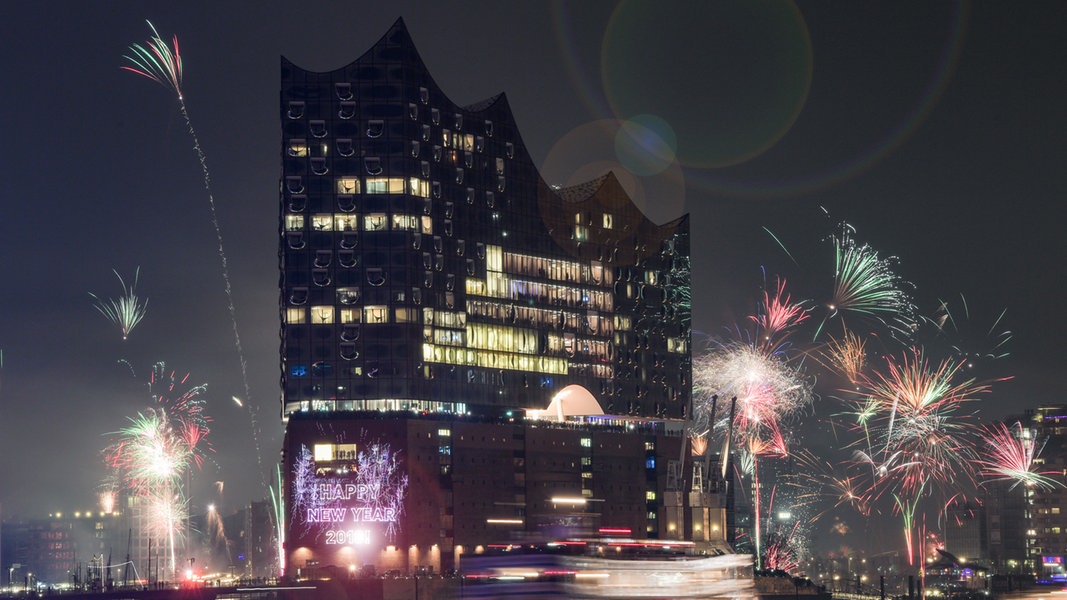On New Year's Day, Johann Strauss Die Fledermaus live from the Elbphilharmonie, Hamburg, Manfred Honeck conducting the NDR Elbphilharmonie Ochestra, in a stylish semi-staging by Michael Struminger and Renate Martin. This is what good semi staging should be, making the most of resources to hand, creating a unique perspective. The acoustic patterns on the vertical surfaces are replicated in the patterns on the costumes. The hall at the Elbphilharmonie rises in multi layers around the main platform, with smaller areas where singers can move between, depending on the action,and can be heard without getting muffled. The hall "transforms" seamlessly from boudoir to party to prison, a concept which is pretty much central to the meaning of the opera. Swift changes of scene are of the essence. Think about it - everyone's scamming, pretending to be what they're not. They're locked into farce but they get out, just as quick. Alcohol muddles the mind but releases the unconscious. Die Fledermaus is satire, and savage satire at that, by no means Schlagobers schmaltz.
Honeck keeps the music zipping along, too. The last thing you want in Die Fledermaus is ponderous Sitzfleisch ! Honeck also brings out the punch beneath the surface fluff, keeping tempi tight. The dialogue was snappy - quickfire puns and cracks, visual jokes, switching from German to French and to English, too, for the occasion. The cast included Bo Skovhus (Gabriel von Eisenstein), Michael Nagy (Dr Falke), Astrid Kesssler (Rosalinde), Katharina Konradi (Adele), Adrian Angelico as Prince Orlovsky, - singers who can speak and act as well as sing.
This broadcast was the third performance, the second on New Years Eve when so much else was going on - Berlin, Munich, Leipzig, Venice - and of course fireworks and parties in the real world outside. Not much that I know of in Dresden because the boss man there was in Vienna, conducting the Vienna New Year Gala. That has never been a concert in the normal sense, but a party. Complaining that it's not sober enough is to miss the whole point, and to complain that Christian Thielemann was too sober on top of that is just plain nuts. The Gala follows the Opernball : waltzes, polkas, and czardas are dances, and dances (and marches) are for fairly large groups of people who need to keep more or less together so the ensemble doesn't collapse in chaos. Again, a metaphor for society and for Viennese society in particular. Dance "is" discipline, you can't flop about and be fuzzy. All the better that Christian Thielemann understood the music and its background and kept things punchy, not floppy.

No comments:
Post a Comment